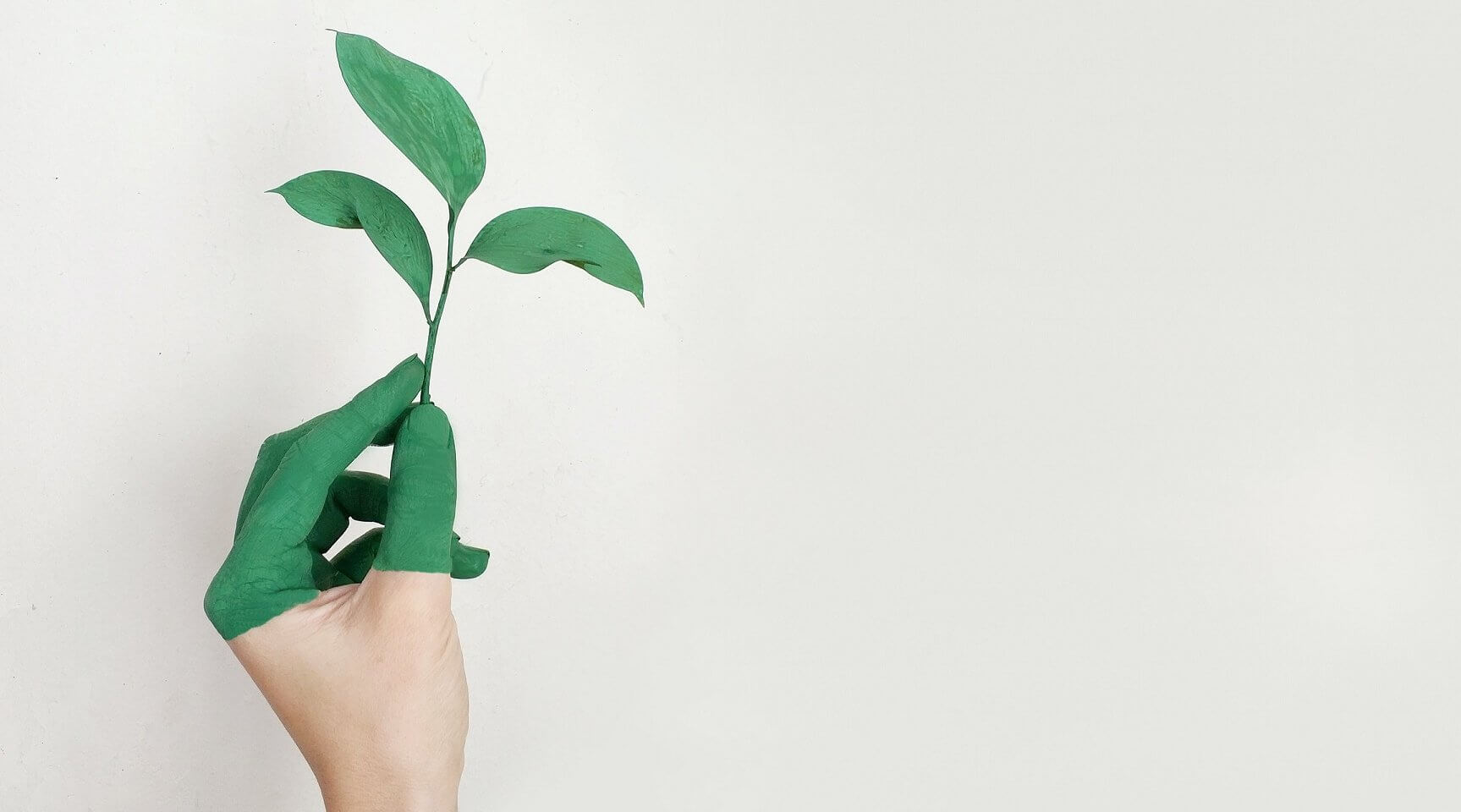SPORT 2000 has been part of the climate network for SMEs since 2020. Together with representatives from a wide range of industries, we’re working on a single objective: to reduce CO2 emissions by 50,000 tonnes by the end of April 2023 by raising awareness and making optimisations in energy and resource consumption in our own companies. At trading level, if nothing else, the coronavirus pandemic has made global cycles visible. Sustainability is taking on new significance there – as confirmed by a survey by specialist magazine Textilwirtschaft, in which retailers were asked about the issue. Around 71% of the retailers surveyed carry sustainable ranges. Before coronavirus, that number was significantly lower at 58%. “More sustainable retailing is increasingly taking hold in the textile industry and doesn’t stop at sports retail. It’s important to seize the opportunity to rethink business models and take targeted measures,” explains Anne Schneider, as the new climate officer at SPORT 2000. In the interview, she explains why sustainability is playing an increasingly important role for consumers in the sports retail sector and what measures can contribute to more sustainable use of our world’s resources.

Anne Schneider, SPORT 2000 International
Anne, society is more concerned with the topic of sustainability than ever. Why is this topic becoming increasingly important in sports retail?
Sustainability is a social megatrend that impacts people’s consumer behaviour. In the food and cosmetics industries, organic and natural products are already a permanent part of the range. These developments are slowly but surely gaining presence in the textile and sports retail sectors too. Both industries contribute significantly to global greenhouse gas emissions and environmental pollution. Sports enthusiasts in particular, who spend a lot of time in nature, are particularly aware of this and are pushing for change here. After all, we’re all responsible for preserving our natural sports arenas, such as the mountains, the sea and the woods.
When do you think a product can be considered sustainable and what current sustainability developments are there in sports retail at the moment?
In that regard the holistic circular economy is of great importance. It’s not enough just to use sustainable or recycled materials any more. At the end of the day, products being part of the circular economy is key. The trend is also increasingly towards using mono-materials, which can be more easily recycled, or natural, biodegradable materials in products, so a circular economy can be more easily achieved. Strictly speaking, the most sustainable product is still the one that wasn’t produced in the first place. That means trends such as second-hand, sharing, renting and repairing things instead of buying new ones are definitely fit for the future and offer opportunities for new business models. In addition, the whole industry is working on sustainable packaging concepts. Farther, there are numerous start-ups shaking up the market with innovative and sustainable products and ideas.
What responsibility does SPORT 2000 have here as an international specialist sports retailer?
As an association of companies, we’ve committed ourselves to acting more sustainably in the areas we operate in. That was an important first step. More specifically, this concerns a stronger focus on sustainable products, sparing use of resources, developing new concepts and, in particular, raising awareness of this topic among our retailers and employees. This process won’t work overnight – we all know that. Nevertheless, we can steadily bring about changes that have a positive impact on our climate in small steps.
What challenges are people facing in this respect?
Although customer demand for sustainable products is growing, customers’ purchase decisions largely remain price-driven. Although many consumers are interested in sustainable products, they aren’t willing to spend significantly more money on them. This is precisely where we need to start. Sustainability has to become normal and mustn’t be a luxury. This primarily requires political and legislative changes, such as more transparency on the part of manufacturers for dealers and customers through the new supply chain law. Customers are much more educated and want to know exactly where their products come from, what materials were used and under what conditions they were produced.
What measures is SPORT 2000 already implementing in its countries?
At company level, SPORT 2000 Austria is leading by example. The Environment team, which was established two years ago, regularly works on optimisations in energy consumption, waste separation and raising employees ’ awareness in head office. On the other hand, SPORT 2000 France puts the customer at the heart of the action with the Objectif Tribu project and draws attention to the issue of the circular economy in the textile sector. Here, customers bring their old shoes and textiles to the SPORT 2000 store and are given a discount on their next purchase. 32,000 pairs of shoes have already been collected and successfully upgraded or recycled into new raw materials through this scheme. Even small steps like these can achieve a lot.
What do you think the future will be like?
I am convinced that in the future companies that act sustainably and show social and ecological responsibility will have better opportunities in the market. Companies that concentrate exclusively on their economic goals, on the other hand, will fall noticeably behind the competition. A change in consumer behaviour towards sustainability can no longer be dismissed, and demand for fair and ethical products is sure to rise – this means that sustainability isn’t a market niche any more. It’s a responsibility that we all share.
Photo credits: Alena Koval/Pexels.com




